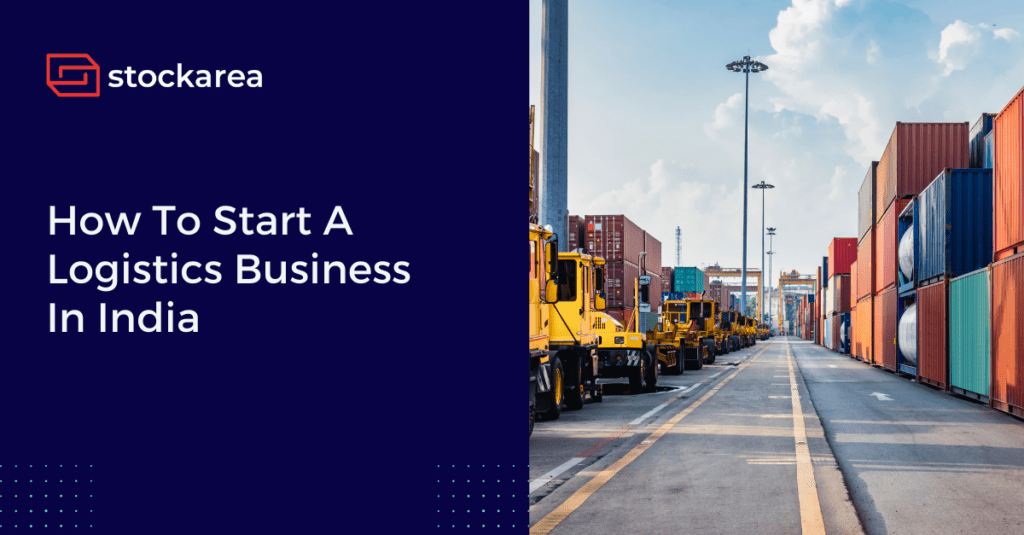India’s economy has exploded in size, creating a massive market for logistics enterprises. A cost-effective logistics partner can increase operational efficiencies by reducing delivery costs and times. If you intend to enter the Indian logistics market, you must build and develop your base in order to successfully penetrate and sustain the market. The following are the key steps you should consider to start a logistics business in India.
1. Choose your business model
A business model is the most significant part of owning a logistics company in India. Decide if you’ll start your own business or enter into a franchise agreement with a reputable company. Both of these business models have their own set of advantages and disadvantages. The first one allows you to experiment with new ideas and apply them, but the second requires a lower initial commitment. You must first determine the type of services you will offer. You can start a delivery service or focus yourself on distribution operations. You can provide warehousing, ecommerce fulfilment, or become an end-to-end logistics provider for your customers.
2. Register your logistics business
Obtaining the proper registration and compliance certifications is essential. Logistics services, like any other business, necessitate registration and regulatory compliance. The International Air Transport Association (IATA) and the Air Cargo Agent Association of India require freight forwarders to register under them. Registrations with the Income Tax Department, the DGFT, the Registrar of Companies, and other departments are also important in India.
3. Seek Investment
It isn’t a surprise to argue that the logistics industry relies entirely on money. As a result, it’s only logical that you should do some financial homework before getting into investing. Calculate how much money you will need and how you can get it. The amount of money you need to invest in a logistics business is determined by the services you want to offer. A simple subcontracting and freight management service, for example, will require less capital than a 3PL solution. As a result, it’s critical to identify the services that need to be targeted and develop an investment strategy around them.
4. Risk Management
When starting your logistics business, the next step is to assess the business risks. India is a developing country, and risk management is critical when pursuing a business in logistics. Due to the dynamic nature of logistics, which involves various partners and vendors throughout the operation, the risk of a claim is also relatively high. Thus, company insurance is required to cover all liabilities. Several significant liability difficulties arise due to cargo damage, theft, injury, and environmental damage, among others. As a logistics firm owner, it is critical to recognise the risks associated with contract execution.
5. Customer Acquisition
Customer acquisition is critical to the success of any organisation. If you desire to provide logistics services, it would be beneficial to research various sectors and understand their needs. India has a plethora of thriving industries, including automobiles, renewable energy, manufacturing, and ecommerce. Logistics services are required in each of these sectors. It is critical to identify weak points and provide operationally efficient solutions in order to gain new customers.
Related posts
- Logistics Market In India
- 7 Key Functions Of Logistics Company
- What Is Reverse Logistics?
- 6 Effective Ways To Grow Your Logistics Business
- The Complete Guide On Fourth Party Logistics (4PL)
- 10 Biggest Challenges Faced By Logistics Companies
- 6 Key Benefits Of Reverse Logistics Process
- 7 Proven Ways To Improve Your Supply Chain Management (SCM)
- What Is Supply Chain Management (SCM)?
- Top 7 Supply Chain Risk Management Strategies
- Business Intelligence Solution for Intralogistics
- 4 Major Benefits Of Blockchain In Supply Chain
- Top 7 Supply Chain Management Challenges
